Home>Garden Essentials>What Christmas Greenery Is Poisonous To Dogs?
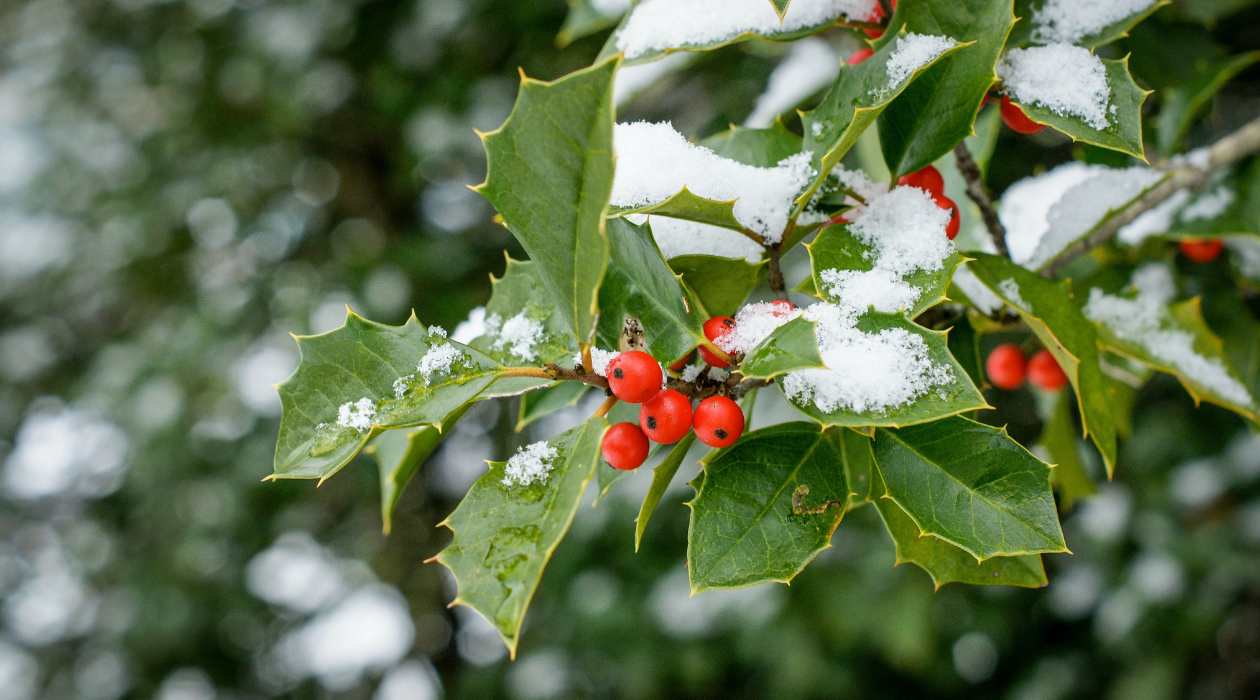

Garden Essentials
What Christmas Greenery Is Poisonous To Dogs?
Modified: March 7, 2024
Discover the garden greenery that can be harmful to dogs during Christmas. Learn which Christmas plants and decorations to avoid to keep your furry friend safe.
(Many of the links in this article redirect to a specific reviewed product. Your purchase of these products through affiliate links helps to generate commission for Storables.com, at no extra cost. Learn more)
Introduction
Welcome to the holiday season, a time filled with joy and festivities. As we decorate our homes with beautiful Christmas greenery, it’s important to be aware that not all plants are safe for our furry friends. While they bring an enchanting touch to our holiday decor, several types of Christmas greenery can be poisonous to dogs.
In this article, we will discuss some of the common Christmas greenery that can be toxic to dogs, the symptoms of poisoning, and steps to take if your dog ingests any of these plants.
Remember, prevention is key. By being informed and taking precautionary measures, you can ensure a safe and enjoyable holiday season for both you and your four-legged companion.
Key Takeaways:
- Keep your furry friends safe during the holidays by avoiding toxic Christmas greenery like holly, mistletoe, and ivy. Watch for symptoms and seek immediate veterinary care if ingestion occurs.
- Secure your Christmas tree and poinsettias to prevent accidental ingestion by your dog. Stay informed, monitor for symptoms, and take quick action to ensure a safe and joyful holiday season for your pet.
Read more: What Outdoor Plants Are Poisonous To Dogs?
Holly
Holly is a popular plant used in Christmas decorations, with its vibrant green leaves and bright red berries. However, certain types of holly plants can be toxic to dogs if ingested.
There are several varieties of holly that are harmful to dogs, including the English holly (Ilex aquifolium), American holly (Ilex opaca), and Japanese holly (Ilex crenata). These plants contain toxic substances called saponins and methylxanthines, which can cause various symptoms of poisoning in dogs.
If your dog has ingested holly, they may experience symptoms such as vomiting, diarrhea, drooling, abdominal pain, and loss of appetite. In severe cases, holly poisoning can lead to dehydration, tremors, seizures, and even cardiac issues.
If you suspect your dog has ingested holly and is displaying any symptoms of poisoning, it’s important to seek veterinary care immediately. The veterinarian may induce vomiting to remove any remaining holly from the stomach or administer activated charcoal to prevent further absorption of toxins.
Supportive care, such as intravenous fluids, medications to control vomiting, and monitoring of vital signs, may be necessary to ensure your dog’s recovery. The severity of the poisoning will determine the extent of treatment required, so prompt veterinary intervention is crucial.
Mistletoe
Mistletoe is a popular Christmas plant that is often associated with holiday traditions and kisses. However, it’s important to be aware that certain varieties of mistletoe can be harmful to dogs if ingested.
The most common types of mistletoe that are toxic to dogs include the American mistletoe (Phoradendron spp.) and the European mistletoe (Viscum album). These plants contain toxic compounds called lectins, which can cause gastrointestinal upset, cardiovascular issues, and even neurologic problems in dogs.
If your dog has ingested mistletoe, watch out for signs of mistletoe poisoning, which may include drooling, vomiting, diarrhea, abdominal pain, difficulty breathing, excessive thirst, weakness, and changes in heart rate.
If you suspect your dog has ingested mistletoe, it’s important to take immediate action. Start by removing any remaining plant material from your dog’s mouth and contacting your veterinarian or a pet poison hotline for guidance.
Do not induce vomiting unless instructed by a professional, as certain types of mistletoe berries may contain compounds that can be harmful when regurgitated. Your veterinarian may recommend monitoring your dog closely at home or bringing them in for an examination and treatment.
In some cases, activated charcoal may be administered to prevent further absorption of toxins. Supportive care, such as intravenous fluids and medications to control symptoms, may also be necessary depending on the severity of the poisoning.
Remember to keep mistletoe and other toxic plants out of your dog’s reach to prevent accidental ingestion and ensure a safe holiday season for all.
Christmas Tree
The Christmas tree is the centerpiece of holiday decorations, but it can pose potential hazards for dogs if certain precautions are not taken.
One important consideration is the choice of trees. Some tree varieties, such as the Norfolk Island Pine, Poinsettia Pine, and Australian Pine, are toxic to dogs if ingested. The needles, sap, and even the water in the tree stand can contain harmful substances that can cause gastrointestinal upset, such as vomiting and diarrhea.
To ensure your dog’s safety around the Christmas tree, here are some helpful tips:
- Secure the tree: Make sure your Christmas tree is securely anchored to prevent it from toppling over if your dog gets curious or excited around it. Use a sturdy tree stand and consider using additional supports, such as rope or fishing line, to secure the tree to a wall or ceiling.
- Block off the area: Create a barrier around the tree to prevent your dog from accessing it unsupervised. Use baby gates or playpens to limit your dog’s access and protect them from potential hazards.
- Avoid toxic additives: Do not use any additives in the tree water that could be harmful if your dog decides to take a sip. Instead, make sure to cover the tree stand securely to prevent your dog from reaching the water.
- Needle management: Regularly clean up fallen needles to prevent your dog from ingesting them, as they can be a choking hazard or cause intestinal blockages if swallowed.
- Restrict access to ornaments: Keep fragile or dangerous ornaments out of your dog’s reach. Avoid using ornaments made of glass or small, easily ingestible materials that could pose a choking hazard.
- Supervise interactions: Keep a close eye on your dog’s interactions with the Christmas tree and redirect them if they show interest in chewing on branches or ornaments.
By following these precautions, you can enjoy a beautifully decorated Christmas tree while keeping your furry friend safe and happy.
Avoid using holly, mistletoe, and poinsettia as Christmas decorations if you have a dog, as these plants are poisonous to them if ingested. Keep them out of reach or opt for pet-safe alternatives.
Poinsettia
Poinsettias are iconic Christmas plants known for their vibrant red leaves. Contrary to popular belief, poinsettias are relatively low in toxicity. While they are not highly poisonous to dogs, it’s still important to be aware of the potential risks.
The milky sap of the poinsettia plant contains a substance called latex, which can irritate a dog’s digestive system. If ingested in large quantities, it may cause gastrointestinal upset, including drooling, vomiting, and diarrhea. Additionally, some dogs may experience skin irritation or allergic reactions if they come into direct contact with the plant.
If your dog has consumed poinsettia leaves or any other part of the plant, here are some immediate actions to take:
- Assess the situation: Determine how much of the plant your dog may have ingested, as this will help your veterinarian assess the severity of the situation.
- Monitor for symptoms: Keep a close eye on your dog for any signs of gastrointestinal upset, such as vomiting or diarrhea. Also, observe their behavior for any signs of discomfort or allergic reactions.
- Contact your veterinarian: It’s always a good idea to consult with your veterinarian if your dog has ingested any part of a poinsettia plant. They can provide guidance based on your dog’s specific situation and advise whether a visit to the clinic is necessary.
- Provide supportive care: If your dog experiences mild gastrointestinal upset, your veterinarian may recommend supportive care measures, such as withholding food for a short period and providing plenty of fresh water to prevent dehydration.
- Prevent future access: Remove the poinsettia plant from your dog’s reach to prevent further ingestion and minimize the risk of potential adverse effects.
Remember, while poinsettias are generally not highly toxic to dogs, it’s always safer to keep potentially harmful plants out of their reach to ensure a happy and healthy holiday season for everyone.
Ivy
Ivy is a common climbing plant known for its lush foliage and ability to add a touch of greenery to any space. However, it’s important to note that certain varieties of ivy can be toxic to dogs if ingested.
Ivy plants contain compounds called glycosides, which can be toxic to dogs when ingested in large amounts. Symptoms of ivy poisoning in dogs can vary but may include gastrointestinal upset such as vomiting, diarrhea, drooling, and abdominal pain. In some cases, dogs may also experience respiratory distress or skin irritation if they come into contact with the plant.
To prevent ivy poisoning in dogs, it’s important to take the following precautions:
- Know your plants: Familiarize yourself with the different types of ivy plants that are toxic to dogs. Some common toxic ivy varieties include English ivy (Hedera helix), Japanese ivy (Hedera rhombea), and Devil’s ivy (Epipremnum aureum).
- Secure the area: If you have ivy plants in your home or garden, make sure to restrict your dog’s access to these areas. Consider using barriers or fencing to prevent them from coming into contact with the plants.
- Supervise outdoor activities: When taking your dog for walks or playtime in areas where ivy may be present, keep a close eye on them to ensure they don’t consume any toxic plant material.
- Remove toxic plants: If you discover toxic ivy plants in your yard or home, it’s best to remove them altogether to eliminate the risk of ingestion.
- Train your dog: Teach your dog basic commands such as “leave it” and “drop it” to prevent them from chewing or eating any potentially harmful plants they may encounter.
If you suspect that your dog has ingested ivy or is showing signs of ivy poisoning, contact your veterinarian immediately for proper guidance and treatment. Remember, prevention is always better than cure when it comes to keeping your furry friend safe from toxic plants.
Conclusion
As you decorate your home for the holiday season, it’s crucial to be aware of the potential dangers that certain Christmas greenery can pose to your furry friends. While it’s a joyous time of year, it’s important to prioritize the safety and well-being of your dogs by taking precautionary measures.
Holly, mistletoe, Christmas trees, poinsettias, and ivy are some of the common Christmas plants that can be toxic to dogs if ingested. The symptoms of poisoning can vary, but they may include gastrointestinal upset, skin irritation, respiratory distress, or even more severe complications depending on the specific plant and the amount ingested.
To ensure your dog’s safety during the holiday season:
- Be mindful of the types of plants you bring into your home and their potential toxicity to dogs.
- Monitor your dog closely and familiarize yourself with the signs of plant poisoning.
- Take immediate action if you suspect your dog has ingested any toxic plants.
- Contact your veterinarian for guidance and follow their instructions for treatment.
- Prevent access to toxic plants by keeping them out of your dog’s reach.
By taking these precautions, you can create a safe environment for your dog while enjoying the beauty and charm of your holiday decorations. Remember, it’s better to be proactive and preventive than to deal with the consequences of plant poisoning.
As responsible pet owners, it’s our duty to prioritize the health and well-being of our furry companions. By being informed about the potential risks and taking necessary precautions, we can ensure that the holiday season is a joyful and safe time for everyone in our households.
Frequently Asked Questions about What Christmas Greenery Is Poisonous To Dogs?
Was this page helpful?
At Storables.com, we guarantee accurate and reliable information. Our content, validated by Expert Board Contributors, is crafted following stringent Editorial Policies. We're committed to providing you with well-researched, expert-backed insights for all your informational needs.
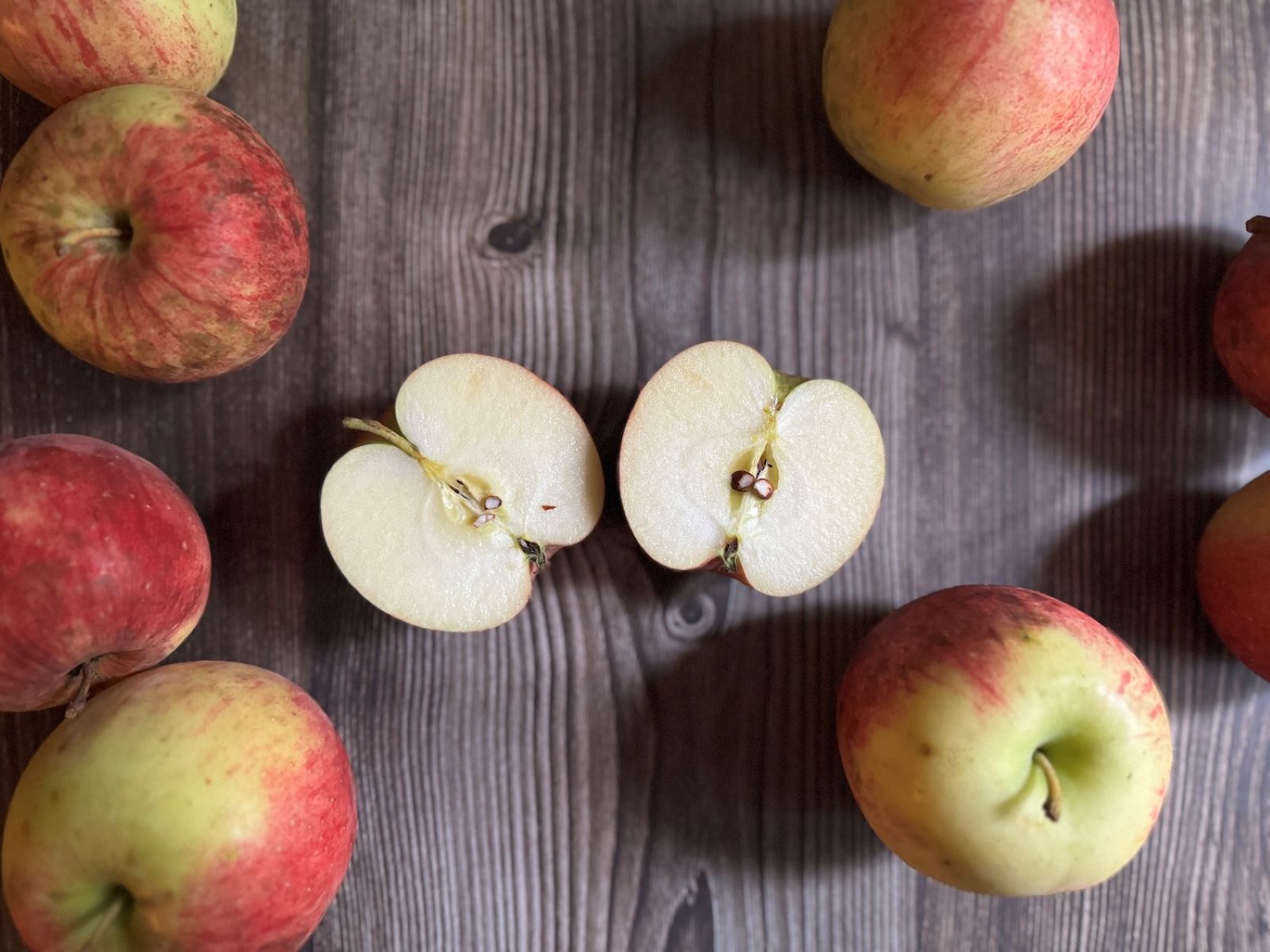


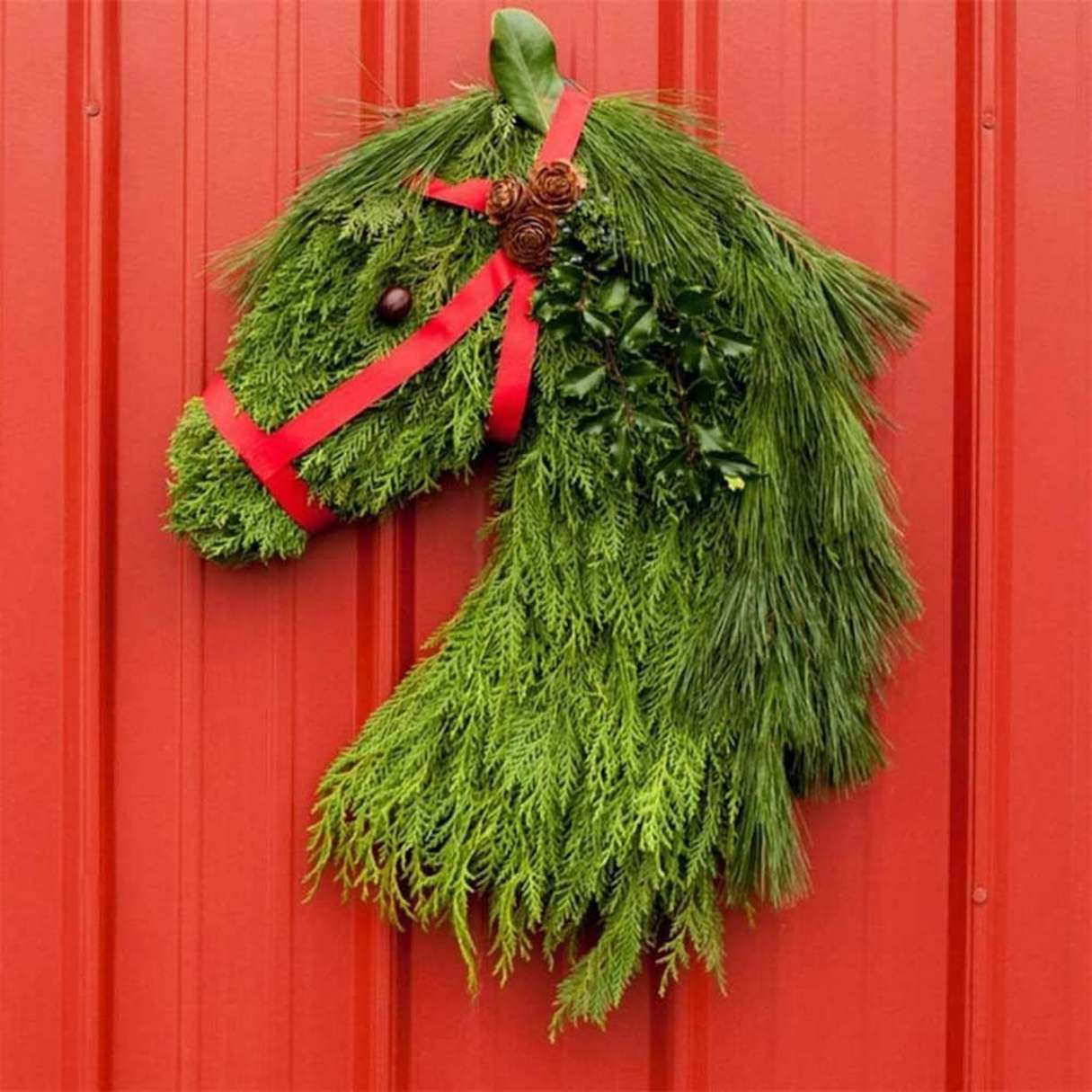
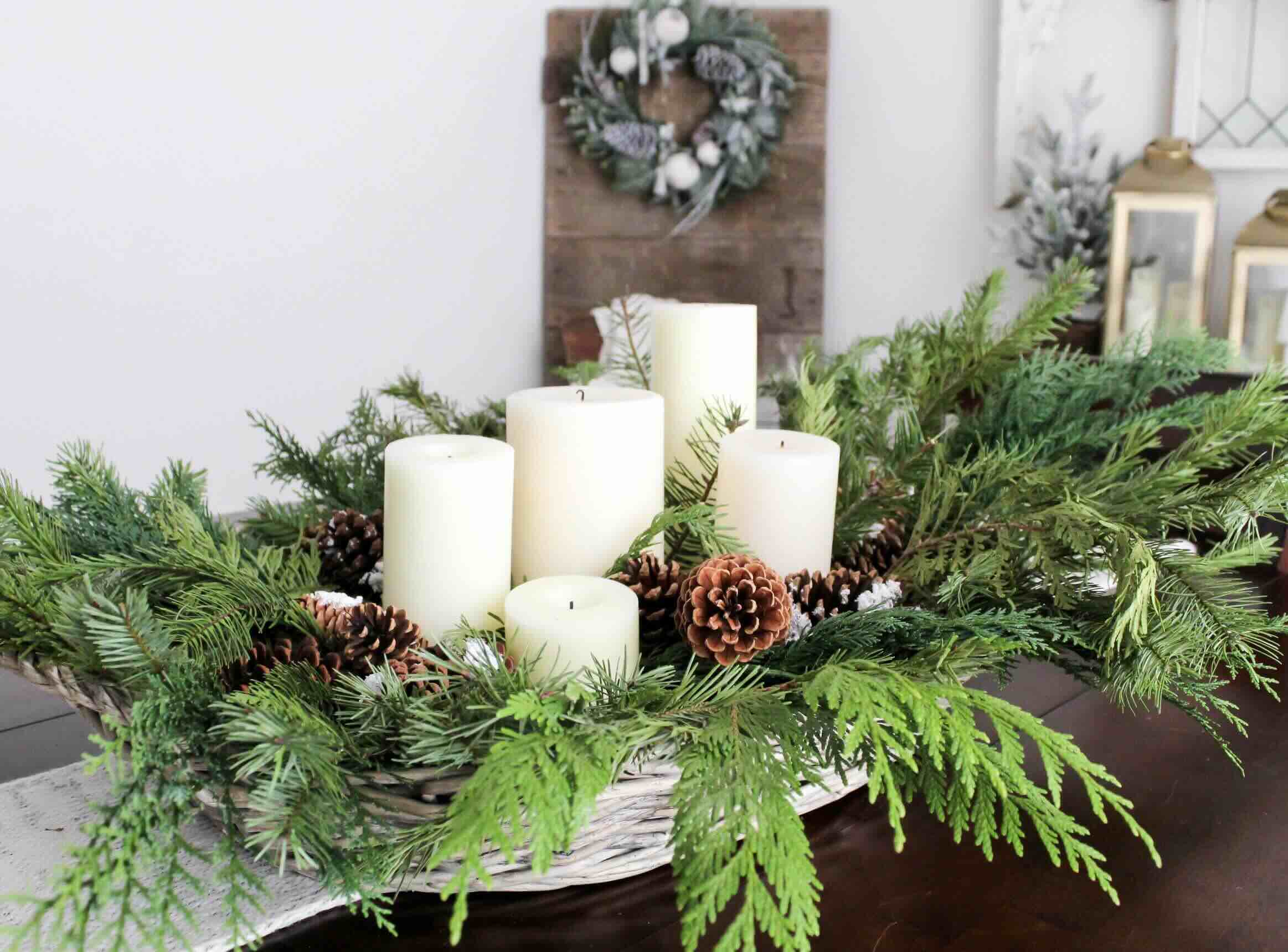

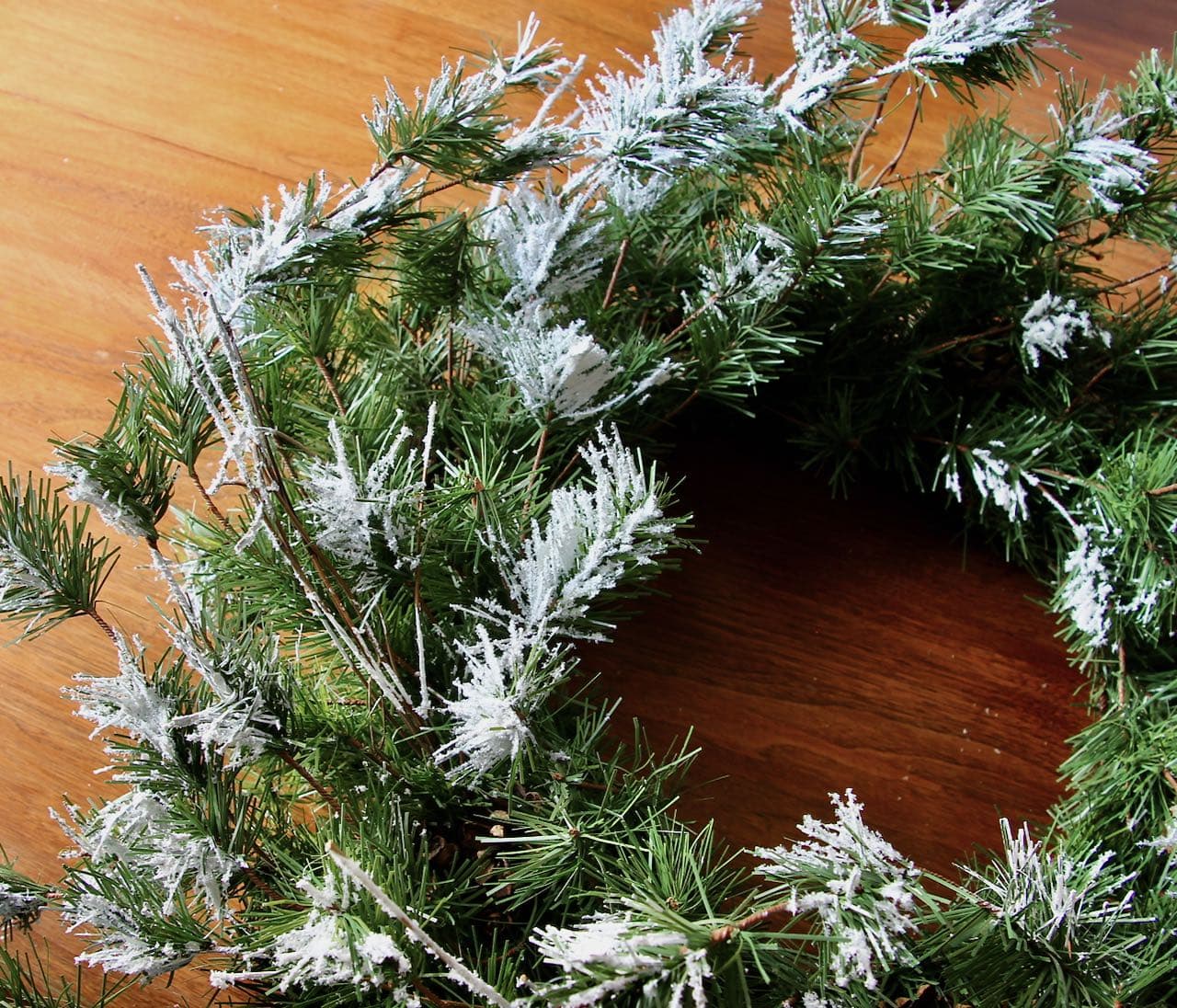
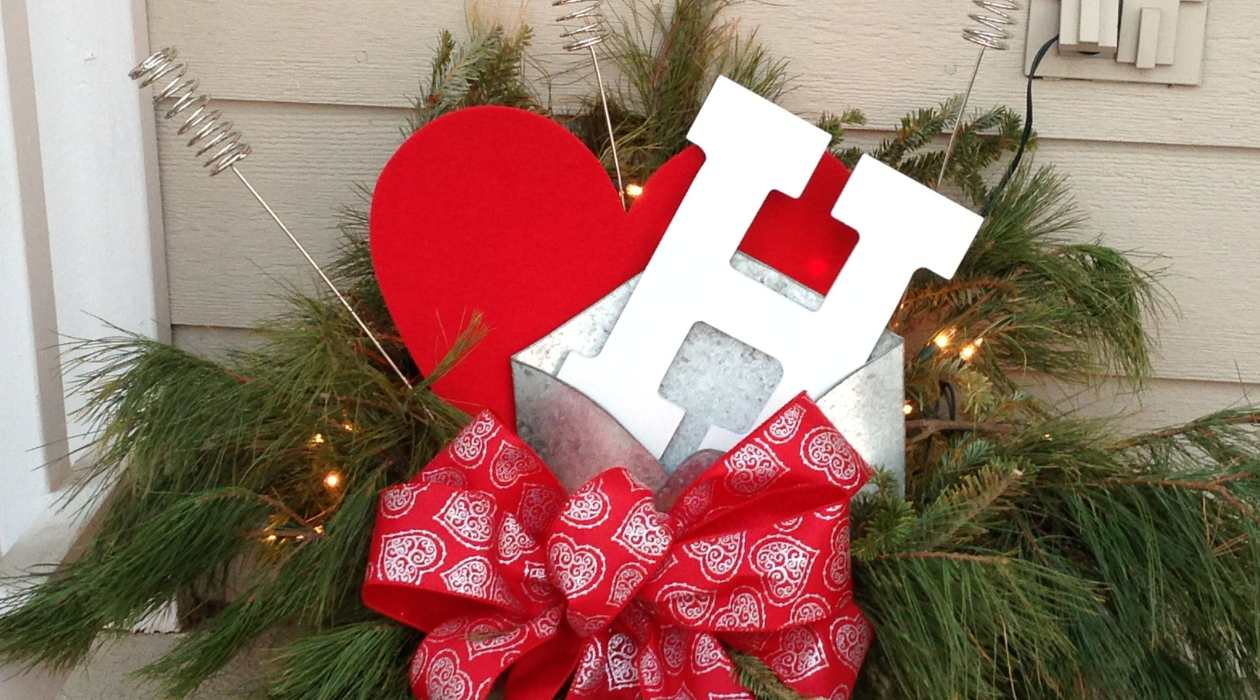
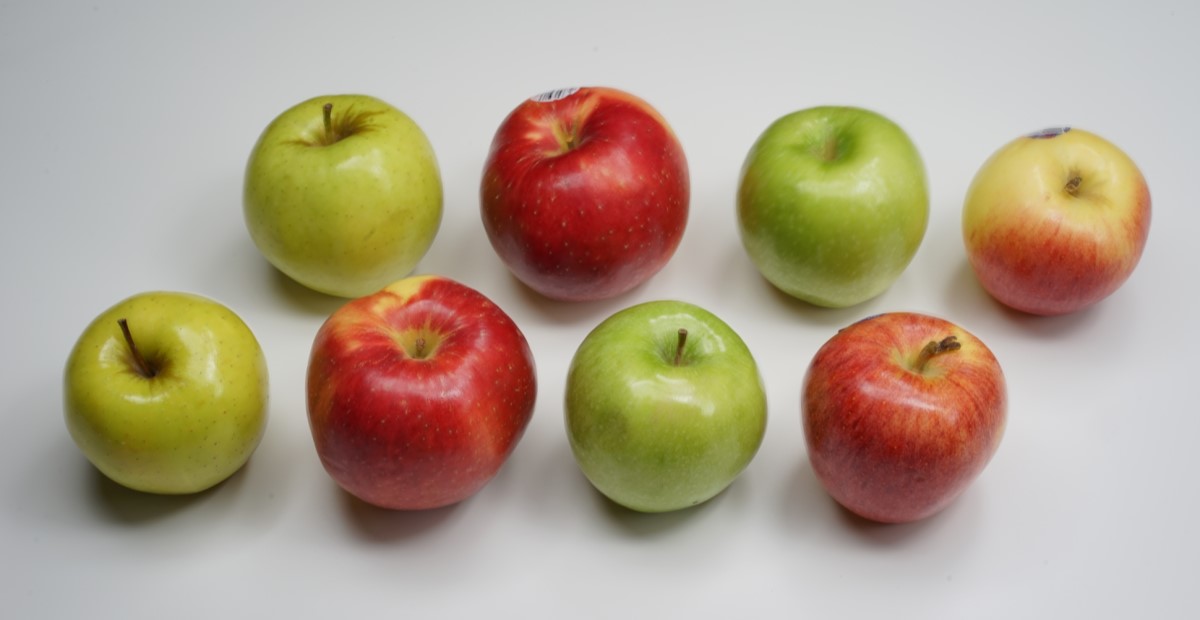

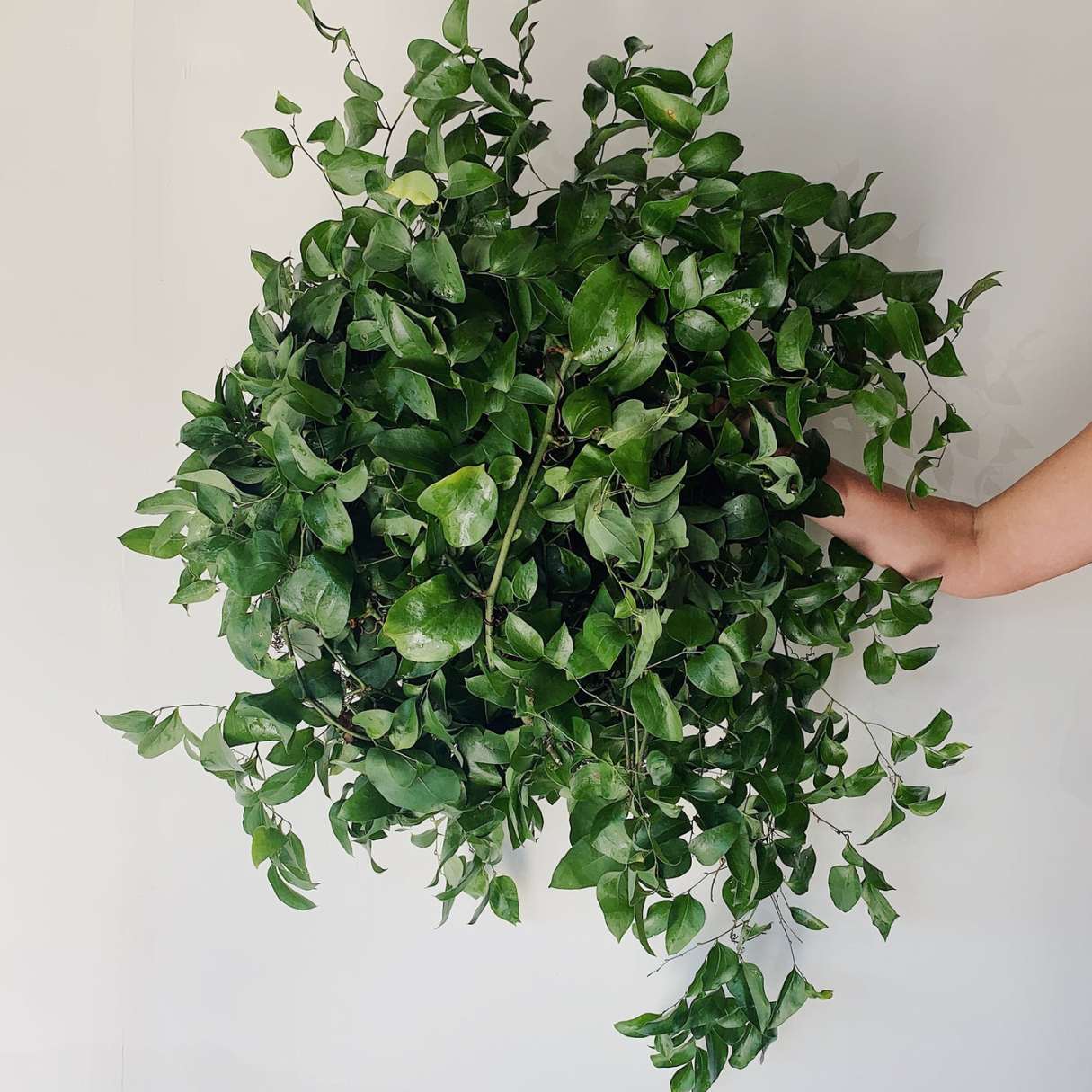

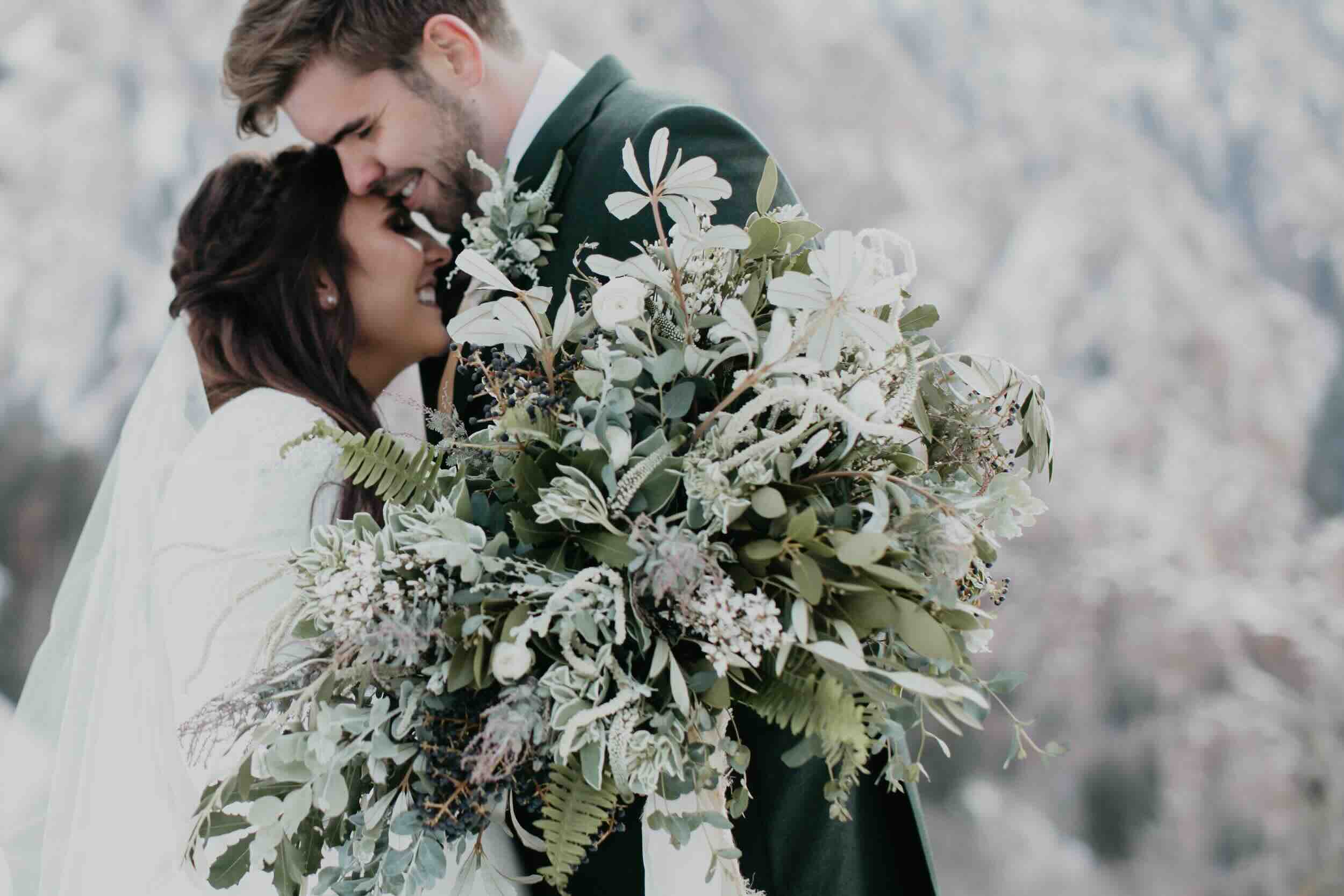
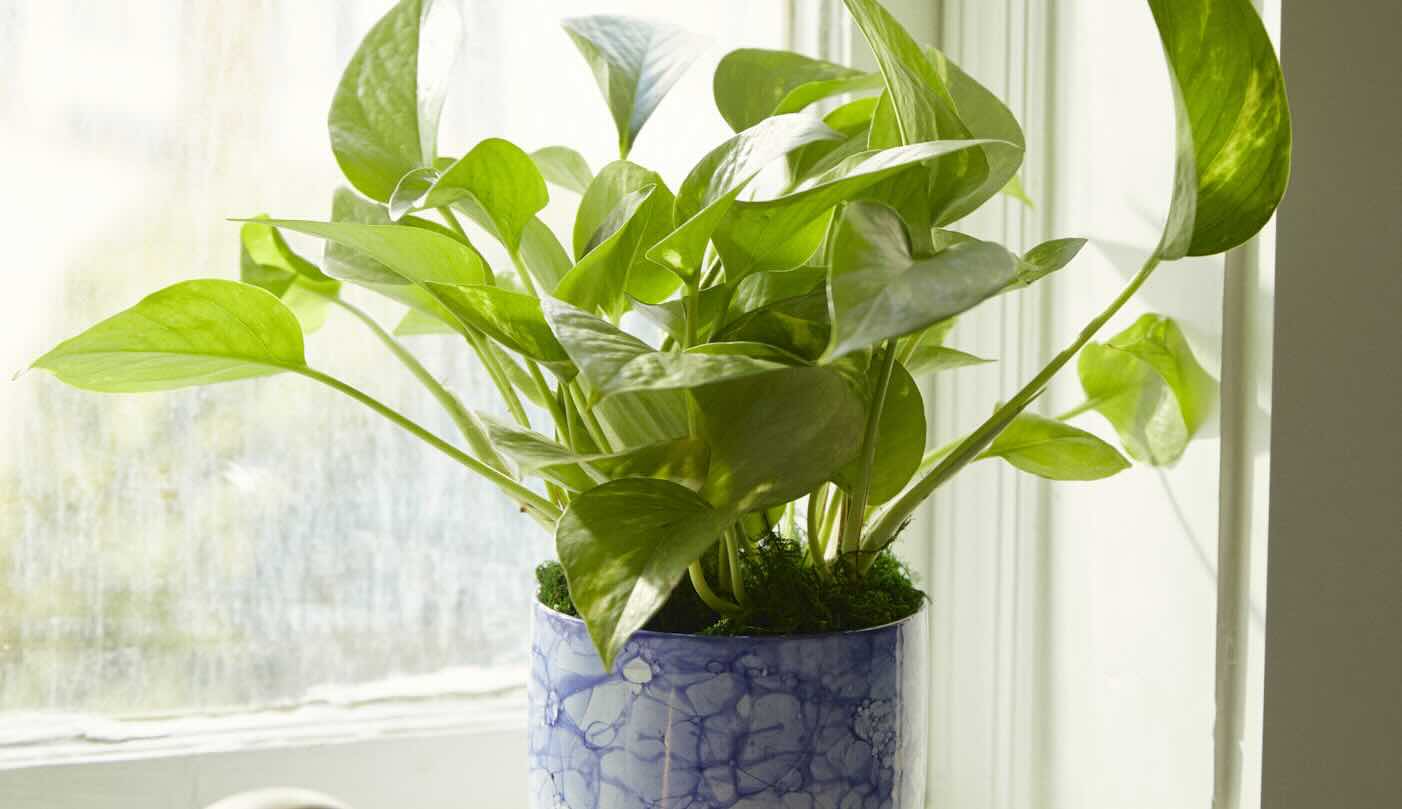

0 thoughts on “What Christmas Greenery Is Poisonous To Dogs?”